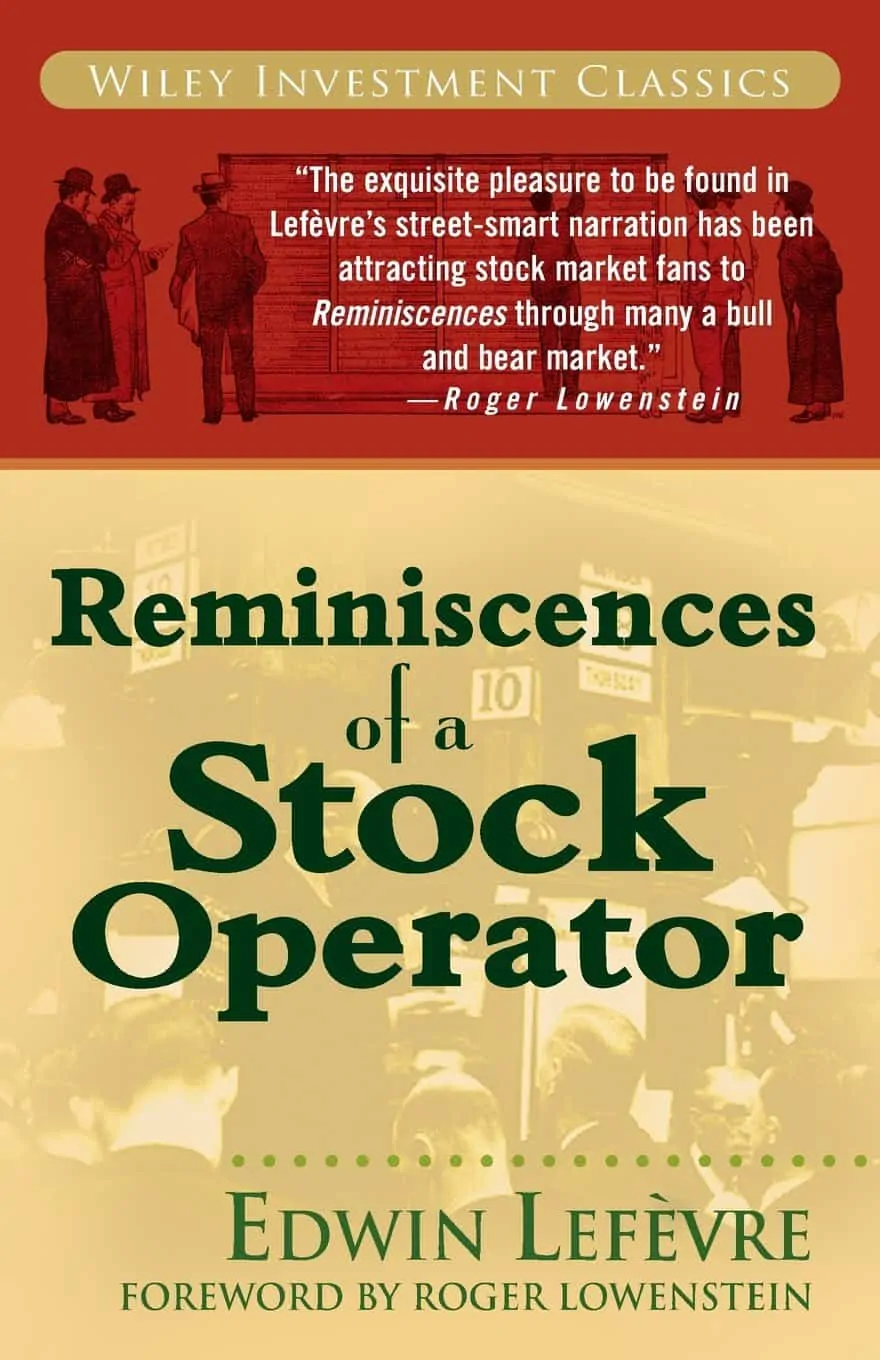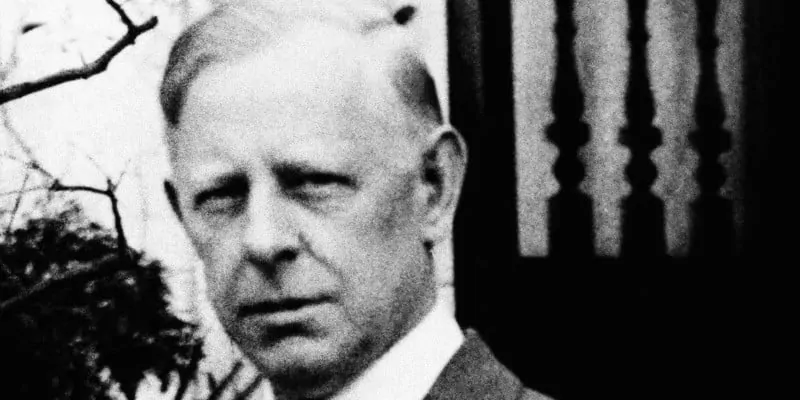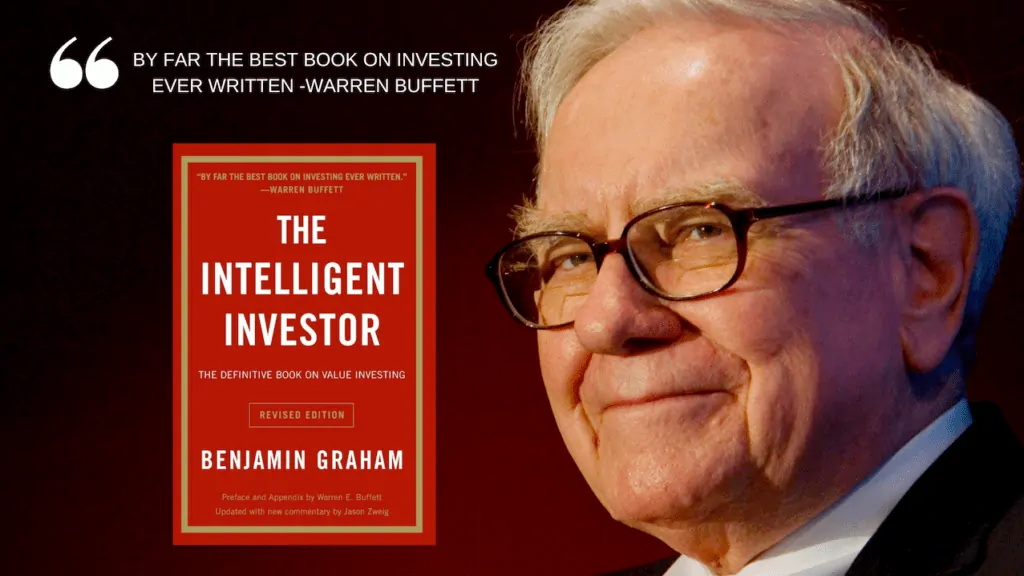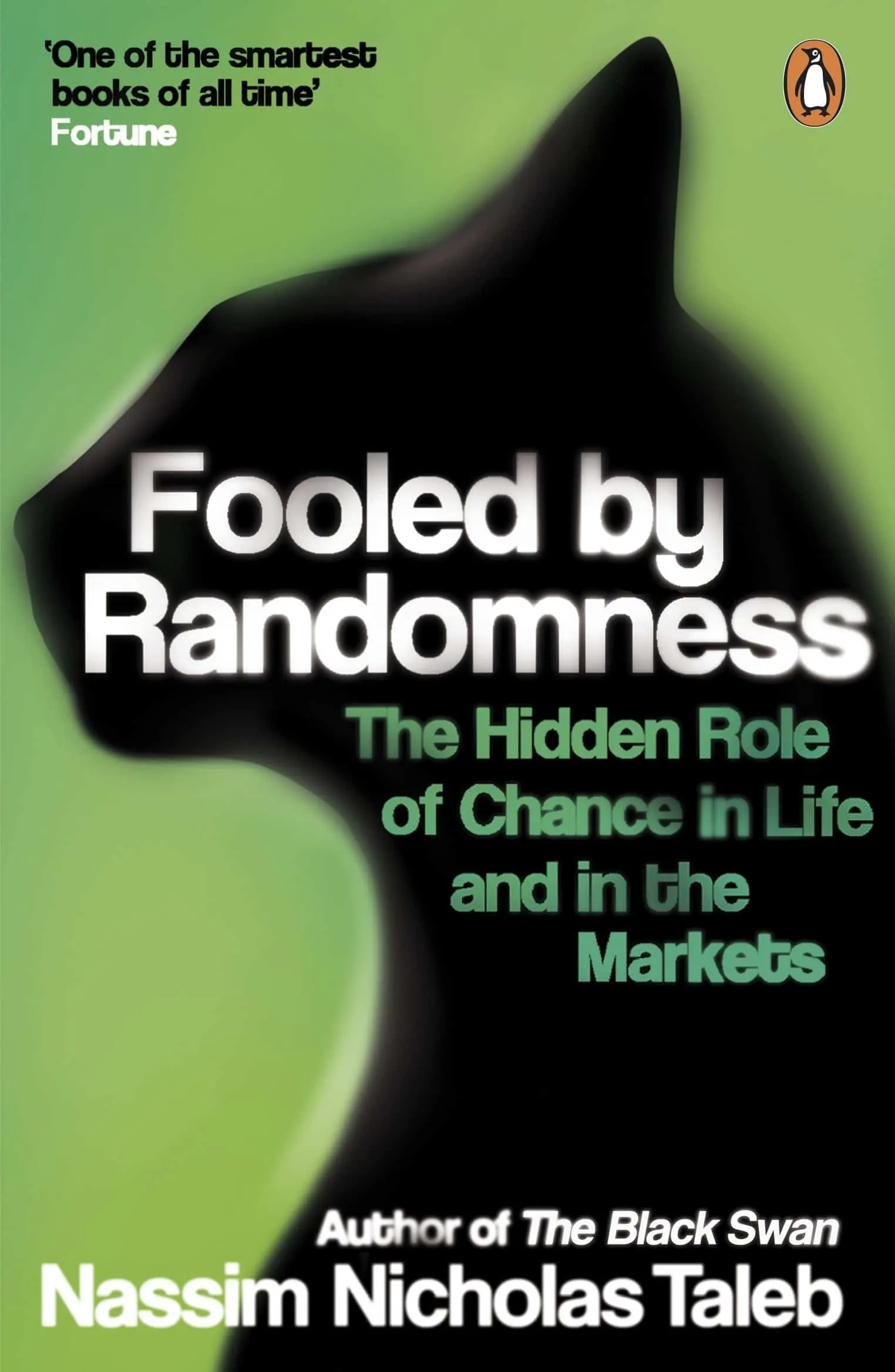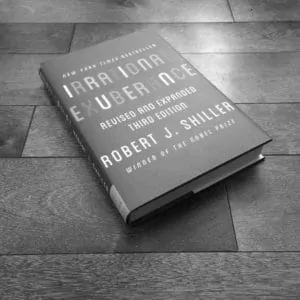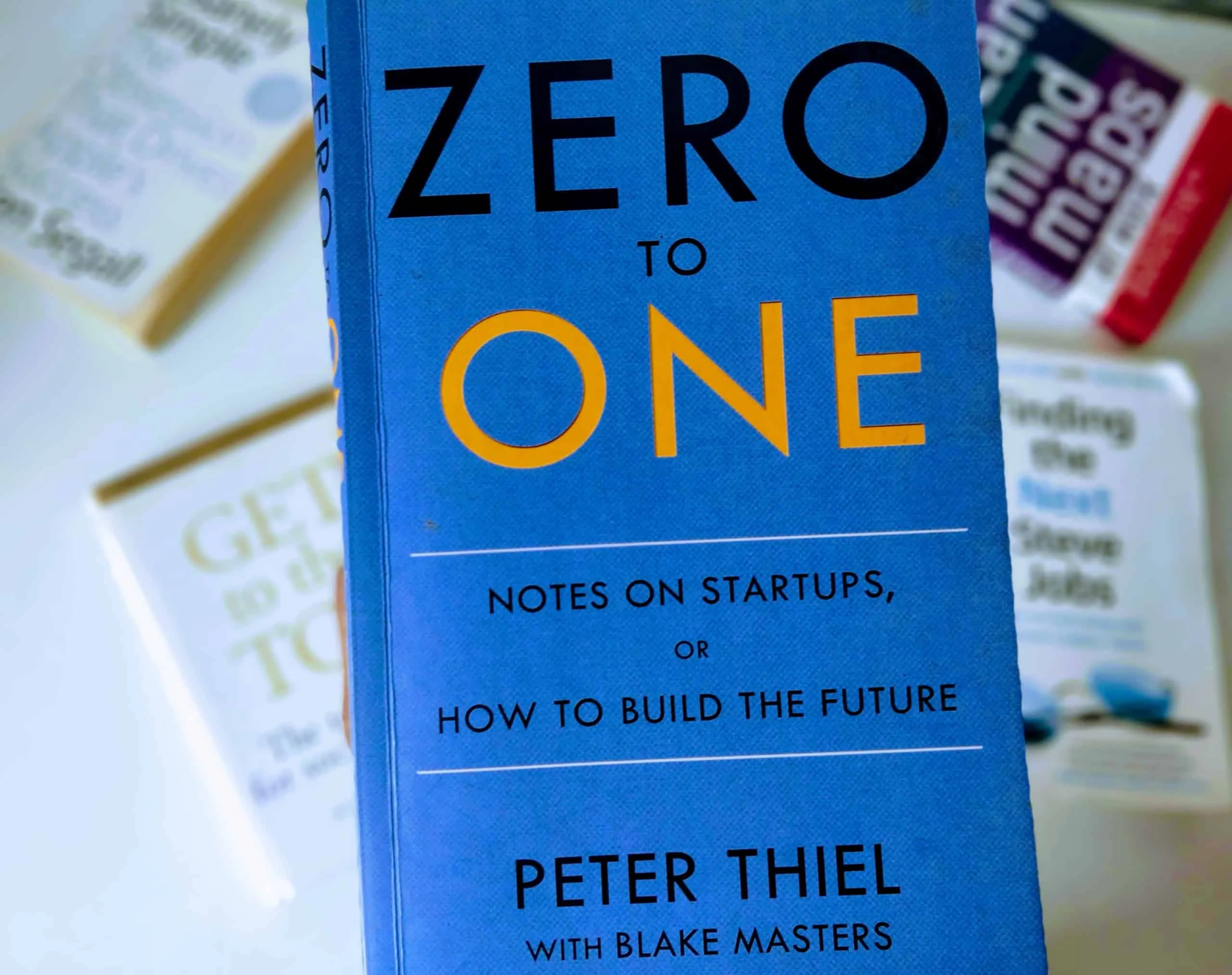The 5 best books for investors
History always repeats itself and the financial market is not an exception, but a part of the rule. Great ascents of traders, distinguished companies and whole markets take place for the same reasons as it was 100 years back. The same is true for great crashes. If you study the experience of distinguished traders and investors, you can not only avoid making major blunders but also can make valuable conclusions.
Earlier we wrote about the books for traders and now we want to continue this topic. We prepared 5 great books on investing and trading, which could help you to succeed financially in the events of the market growth and fall!
In this article:
- Reminiscences of a Stock Operator by Edwin Lefevre.
- The Intelligent Investor by Benjamin Graham.
- Fooled by Randomness by Nassim Taleb.
- Irrational Exuberance by Robert Shiller.
- Zero to One by Peter Thiel.
Reminiscences of a Stock Operator by Edwin Lefevre
If you are not a trader yet, you will definitely become one after you read this classical book, since it is a real Bible of financial speculators!
Edwin Lefevre wrote a novelized biography of a trader. But what a trader! It was the great Jesse Livermore – a Wall Street legend and one of the most successful speculators in the whole market history. He became famous after he made huge money during a market crash selling short. His name is not mentioned in the book but everybody understands who it is about.
Just monitoring the stock quotations during many months, Livermore realised that the market is governed by certain regularities. Using these regularities is the trader’s bread and butter. However, the chart understanding is only a part of the knowledge a trader should have. The personal experience of Livermore is given in the book:
- how to enter into and exit from a position intelligently;
- why it is not possible to catch all price movements;
- why it is not recommended to stay in the market all the time and listen to somebody else’s advice.
However, the way of financial speculations is thorny. The book wouldn’t have been so popular among financiers if it were not so truthful. Livermore is depicted like a human being rather than a celestial being. And a human being is prone to error and tearing to pieces. He is also subject to emotions and also can lose. He ascents to the heaven of success many times and then makes epic fail again and returns back to the market. This is a familiar story for many of us, isn’t it?
At the same time, Livermore honoured the market, its unpredictability and greatness. The market is always right and traders just have to bring themselves in sync with its behaviour.
“A speculator should be interested in profit rather than have confidence that the tape should agree with him. You shouldn’t argue with the tape! You shouldn’t ask it about the reasons and ask for explanations. Discussion of the lost game doesn’t bring dividends.”
Conclusion: It might be harmful for your account and nerves to trade in the financial market before you read this book. This is a book, which not only would inspire you but would also morally prepare you for trading.
The Intelligent Investor by Benjamin Graham
A talented economist and successful practical investor Benjamin Graham wrote ‘The Intelligent Investor’ as early as in 1949. But even 71 years later it is difficult to find a better book on investing.
“The intelligent investor is a realist who sells to optimists and buys from pessimists”. This quotation became legendary due to a huge popularity of Graham’s book among the most successful investors of the world. Once in a while, legendary Warren Buffett likes to cite it. A little nuance – Buffett considered Graham not only his teacher but also a man, whose influence on him was equal to his father’s influence. In his preface to the recent editions of the book, the Oracle of Omaha calls it the best book ever written on investing.
You can find in ‘The Intelligent Investor’ everything you need to know for successful investing in the stock market for many years. These are:
- main strategies of work in the market;
- tactics of the portfolio formation and management;
- metrics of the fundamental analysis;
- psychology of behaviour.
Graham created a fundamental study, which covers all necessary practical aspects of investing.
The author made a huge contribution into investment education and well-being of generations of regular people, who started to invest only after reading ‘The Intelligent Investor’. The phenomenal success is connected with the fact that the book is aimed at the mass audience and is rather easy-to-understand even by a reader with just a basic economic knowledge. Not everybody can (and not everybody needs to) deeply study financial analysis at the university in order to master the main investing principles. Moreover, a big amount of knowledge doesn’t guarantee you success in the market if you selected a wrong strategy.
Conclusion. This book on investing and trading is the absolute must read for all intelligent people who care about their stable financial future. It helps the reader to cultivate patience and focus on making intelligent decisions with a long-term perspective. Due to this, it is possible to call ‘The Intelligent Investor’ the best book on investing for beginners and professionals.
Fooled by Randomness by Nassim Taleb
One of the cult books on twists of probability theory, which every trader and investor faced in their careers. A professional options trader and talented mathematician Taleb studies, in the majority of his works, the topic of rare and unpredictable events, which not only destroy investment accounts but also change the course of history. As early as in the 2000s, Taleb called these phenomena ‘black swans’ for the first time in his ‘Fooled by Randomness’ book.
His next best-seller ‘The Black Swan: The Impact of the Highly Improbable’ was published 5 years later just before the world financial crisis of 2008. The ‘black swan’ term came into common use of financial mass media after the crisis and Taleb became a world celebrity and recognised guru of the financial markets.
Taleb writes that rare events are located on the so-called tail of the probability distribution curve. In real life, the majority of traders do not realise how great the role of a chance in their life is. They perceive a long period of luck as given until a sudden change in the market situation sweeps them from the market. Rare events may easily turn the world upside down.
In one of his examples, Taleb tells about a trader John who made money on high-risk strategies. He bought out bonds with low ratings very cheap during market turmoil and then sold them with a huge premium. Everything went well, he was very rich and stood well in his company until a default in one of the countries destroyed him. He lost everything because he didn’t take rare events into account.
“Trading highly profitable securities is like sleeping on railway tracks. One day, a sudden train will run over you. You make money every month for a long time and then lose everything in several hours. He saw how it was with options in 1987, 1989, 1992 and 1998”, – Taleb wrties.
Conclusion:
If some ‘big disaster’ has a minute chance to happen, it will happen for sure. Give priority to strategies with a low long-term risk. Test your trading system in terms of an unexpected event, sudden market crash or bankruptcy of one of the major companies. It will lead to a decrease of profitability in the middle run but it will help you to preserve the chance to survive in the market in the long run. What if your limit orders just fail and your loss would slip away into the market abyss? You may avoid the catastrophe with the help of risk hedging by options and formation of diversified portfolios.
Irrational Exuberance by Robert Shiller
Robert Shiller is a classic of modern economic theory, Nobel Prize Winner and one of the distinguished researchers of the influence of non-economic factors on economic behaviour. In his large-scale study ‘Irrational Exuberance’, he explains the nature of the financial market bubble formation with the help of behavioural and cultural issues. Due to this, the book, without doubt, deserves to get into our top of books on investing and trading in the stock market.
Shiller dethrones the postulate of the classical economic theory that the markets behave completely rationally and the price is always fair in respect to the real economic conditions. Using the example of the bubble in the stock market of the US in the second half of the 1990s and the mortgage bubble of the first half of the 2000s, he convincingly proves that rational people could often behave completely irrationally.
Even experienced investors could be bewildered by the market and go beyond the bounds of reason. They are ready to buy stock at obviously high prices taking the bait of tales about new times and artificially high recommendations of analysts. Shiller describes in detail how bubbles emerge and grow.
The bubble crash in the US stock market at the beginning of the 2000s resulted in massive bankruptcies in the technology sector. The complete recovery of indices required approximately a decade. Hundreds of thousands of people incurred huge losses. Something similar we observed in the cryptocurrency market in 2017. The value of bitcoin and other cryptocurrencies is still far away from the highs from three years ago.
Conclusion: Learn the market history in order not to repeat mistakes of your forerunners. In the stock market, for example, it is very useful to monitor the p/e (price to earnings) coefficient, which helps to assess the degree of the market overbuying. The main thing is to exit from the bullish market in time when it is inflated.
Zero to One by Peter Thiel
Peter Thiel is a living legend of the Silicon Valley, PayPal founder and one of the most successful venture investors in the world. Thiel shares his valuable experience giving tips, which would help a businessman and investor to find a really excellent company with unlimited prospects. ‘Zero to One’ is a well of wisdom and inspiration for investors and one of the best books on investing.
Thiel recommends avoiding companies in the highly competitive markets, assuming that the so-called ‘efficient markets’ are real profit killers. Only innovative companies in unique niches and without major competitors are really profitable and ready for technological breakthroughs. They are ready to perform a transition from Zero (a complete absence of any technology) to One (a technology which changes everything in its market niche).
PayPal, which became a pioneer of Internet payments, was such a company in its time. Another successful company is Google, which made a radical turn due to the use of an innovation search principle. Up to now, Google is a company without competitors, which helps it to perform breakthroughs also in other fields wasting no time in competitive battles.
Conclusion: If you look for investment ideas, you should pay attention to the companies, which, potentially, may become pioneers in a breakthrough technology. If you find such a diamond, you can increase your capital multifold. The modern world provides a multitude of ideas and such industries as bioengineering, space exploration, power engineering and robotic engineering have a huge potential. Any industry has companies, which are capable of performing a quantum business jump to the next level.
Summary
We gave you a list of 5 books on investing and trading, each of which deserves your attention. You will always find something new rereading them.
The goal of this article is not advertising some specific printed products. We just want to help you to be successful and our trading and analytical ATAS platform will help you to realize ideas, which you will gain from reading these classical books.
Did you like it? Leave a like!


